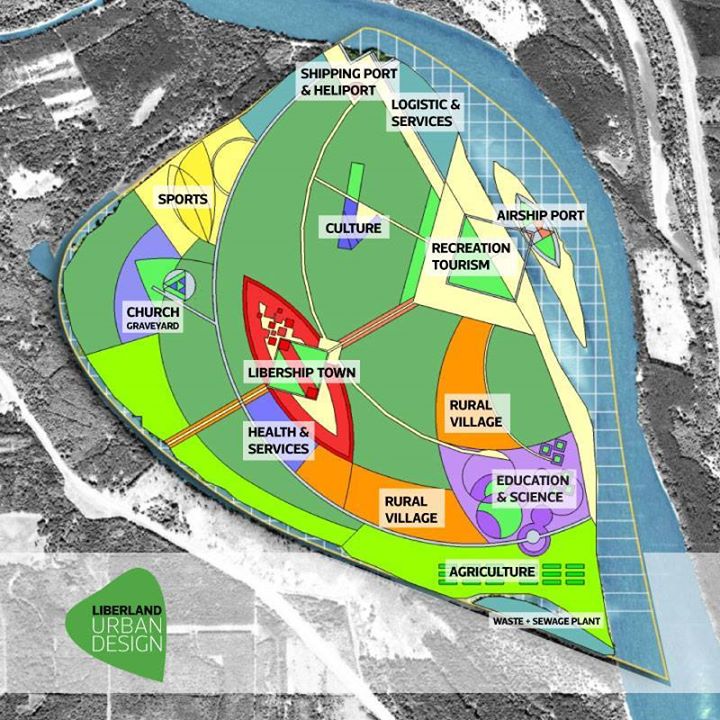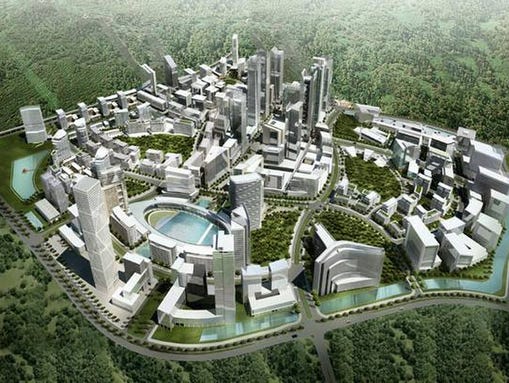Tomenable
Elite member
- Messages
- 5,419
- Reaction score
- 1,337
- Points
- 113
- Location
- Poland
- Ethnic group
- Polish
- Y-DNA haplogroup
- R1b-L617
- mtDNA haplogroup
- W6a
http://en.wikipedia.org/wiki/Liberland
However, the young nation faces some serious problems, poor infrastructure and demographic crisis:
But first 10 pioneers are already willing to establish settlement in the area:
There is a threat of an imminent war (fortunately casualties aren't going to be high):

Liberland, officially the Free Republic of Liberland (Czech: Svobodná republika Liberland) is a self-proclaimed micronation, situated on an unclaimed parcel of land at the western bank of the Danube river between Croatia and Serbia, sharing a land border with the former. It was proclaimed on 13 April 2015 by Vít Jedlička. The official website of Liberland states that the nation could be created due to the ongoing Croatia–Serbia border dispute.[1][2][3][4] Since the Yugoslav Wars, some borderland territories between Serbia and Croatia have been disputed, such as the Island of Vukovar and the Island of Šarengrad. However, a few other territories went unclaimed by either side. Liberland was proclaimed on the largest of those land parcels, which is known as Gornja Siga (meaning upper tufa).[1][2] The area is about seven square kilometers, and most of it is covered with forests. As described by Jedlička, neither Serbia, Croatia or any other nation claims the land as their own (terra nullius). The border is defined in accordance with both Croatian and Serbian border claims and does not interfere with any other state sovereignty.[1][8] Jedlička has stated that an official diplomatic note shall be sent to both Croatia and Serbia, and later to all other states, with a formal request for international recognition.[9]
However, the young nation faces some serious problems, poor infrastructure and demographic crisis:
There are no residents. A journalist from Parlamentní Listy (cz) who visited the area in April 2015 found a house that had been abandoned for about thirty years, according to people living in the vicinity. The access road was reported to be in a bad condition.[5]
But first 10 pioneers are already willing to establish settlement in the area:
On 20 April, Jedlička held a lecture at the Prague School of Economics, titled "Liberland – how a state is born" (Czech: Liberland – jak vzniká stát). He discussed various aspects of the project and the interest it has managed to attract around the world. One topic that he brought up was the Montevideo Convention, and explained how Liberland was getting closer to satisfying the principles of the convention, which is commonly used to define a state. At the time of the lecture, the Liberland project had assigned ten people to the task of handling foreign relations. There were also reportedly people who were willing to establish residency on the territory.
Many other topics were also covered, such as the concept of voluntary taxation and how the large number of citizenship applications has made it necessary to make the process more effective and restructure it, since it only was based on an e-mail account. Another thing mentioned in the lecture was the plan to organize some type of event where everything is sold tax-free, and Jedlička explained that Croatia would not be able to prosecute them because Croatia itself has stated that the area is not within its jurisdiction.[14]
There is a threat of an imminent war (fortunately casualties aren't going to be high):
South Maudlandia, an Antarctic-based micronation, has laid claim to the territory since 18 March 2015 as the Autonomous Region of Pannonia.[10] Another micronation project called Paraduin has also already staked out a claim at the same area, and the author also mentions Liberland in the project blog.[11]






